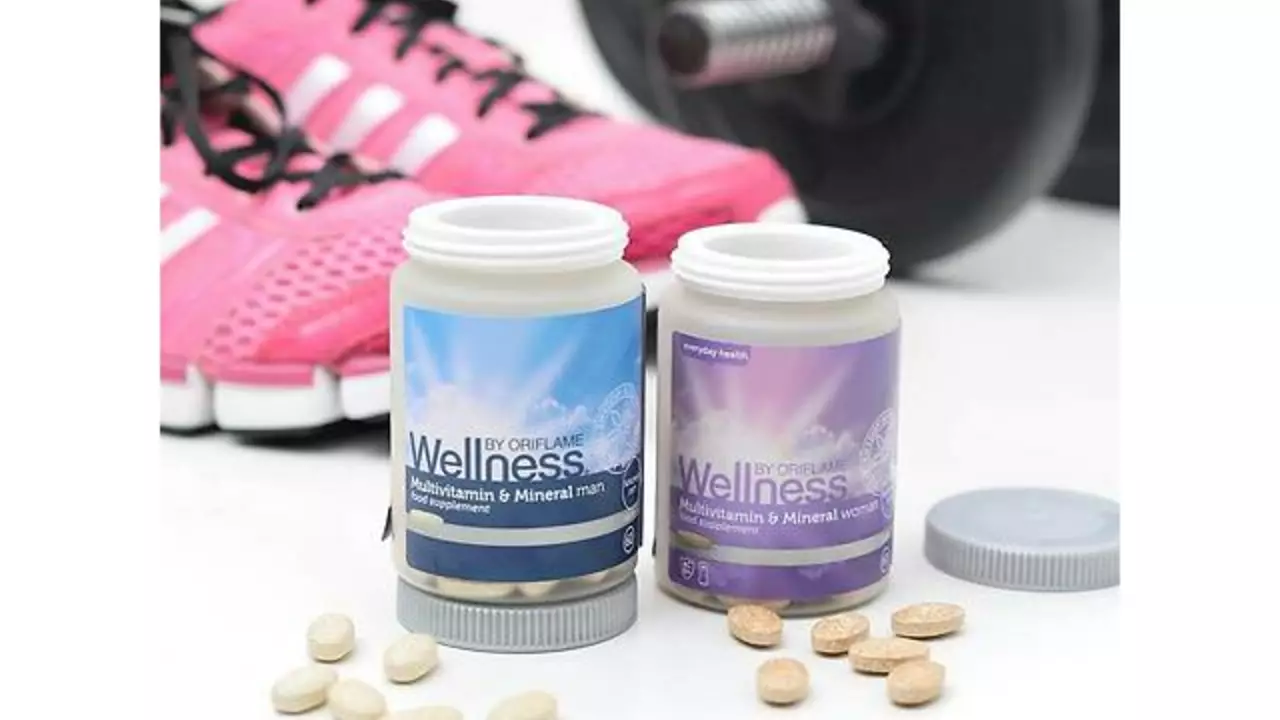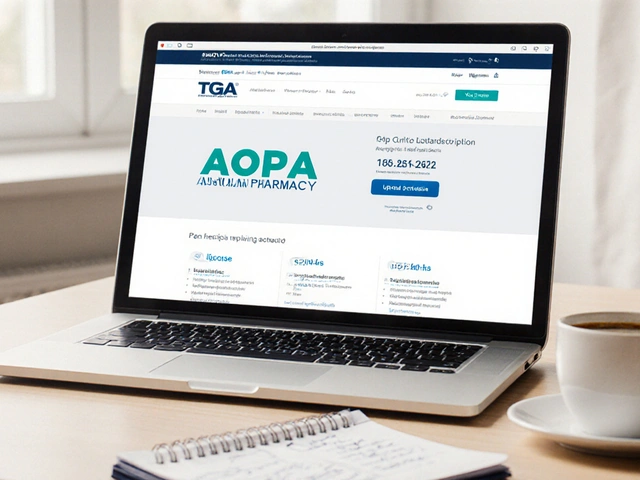Dietary Supplement Essentials
Thinking about taking a dietary supplement? You're not alone. Supplements—from vitamin D and omega‑3s to herbal products—can help fill gaps in your diet. But they’re not magic. Use them with clear goals: correct a deficiency, support a health plan your clinician recommended, or address short-term needs.
How to pick a safe supplement
Start with a reason. Ask yourself what you expect the supplement to do and whether a blood test or doctor recommendation makes sense first. Check the label for dose, active ingredients, and serving size. Look for third‑party testing seals like USP, NSF, or ConsumerLab — those mean the product was checked for purity and accurate labeling.
Pay attention to the ingredient list. Avoid products with vague blends that don’t list amounts for each component. Check expiration dates, lot numbers, and manufacturer contact info. If a product claims to cure or dramatically change a disease, walk away—those claims are red flags.
Some examples: vitamin D helps people with low levels; omega‑3s are often used for general heart and brain support; probiotics can help with some digestive issues. But effectiveness depends on the product, dose, and the person taking it.
Buying supplements online without risks
Buying online can save money, but it also raises safety questions. Choose well-known retailers or manufacturers with clear return policies and real customer service. Check reviews outside the product page and search for reports of safety issues. If a price looks too good to be true, it might be counterfeit.
Be careful when combining supplements with prescription drugs. For example, St. John’s wort can interfere with many medications, and high doses of vitamin K can affect blood thinners. Always tell your doctor or pharmacist what you’re taking—especially before surgery, pregnancy, or if you’re on multiple prescriptions.
Start low and monitor. For most supplements, take the lowest effective dose and watch for side effects for a few weeks. If you notice new symptoms—digestive upset, rash, unusual tiredness—stop and ask a clinician.
Want more detail? Read our practical articles on related topics: guides about buying meds safely online, natural ways to boost male performance, and how to compare savings apps for prescriptions. Those posts dive into buying safely, legal issues, and real-world tips that apply to supplements too.
Final tip: supplements can help, but good food, sleep, and exercise are the foundation. Use supplements to support a healthy routine—not to replace it. If you’re unsure, a short visit with a pharmacist or primary care provider can save time and avoid risks.

In recent times, the wellness industry has been buzzing about the "Perilla Phenomenon." This refers to the rise in popularity of Perilla, a dietary supplement derived from the plant of the same name. Its widespread recognition is due to its numerous health benefits, including boosting the immune system and improving heart health. Many wellness enthusiasts have started incorporating it into their daily routines, and it's quickly becoming a staple in the industry. It's fascinating to see how a single plant extract can create such a significant impact on the wellness scene.
Chris Gore Jul 26, 2023
In my latest blog post, I delve into the incredible benefits of sulfur, a game-changing dietary supplement you should consider adding to your daily regimen. I discovered that sulfur isn't just essential for our body's overall functionality, but it also plays a key role in detoxification and prevention of certain diseases. From boosting immunity, maintaining healthy skin and joints to improving digestion, the advantages are numerous. However, I also caution that, like any supplement, it's important to consult with a healthcare professional before beginning a sulfur supplement regimen. So, go ahead and check out my new post to learn more about this remarkable mineral.
Chris Gore Jun 27, 2023I recently discovered the amazing benefits of Vietnamese coriander, and I just had to share it with you all! This powerful herb not only adds a delicious flavor to your meals but also acts as a dietary supplement with numerous health benefits. Packed with antioxidants, it aids in digestion, boosts the immune system, and promotes a healthier you. So, if you haven't tried Vietnamese coriander yet, now is the perfect time to incorporate it into your meals! Trust me, your taste buds and your body will thank you!
Chris Gore Jun 12, 2023




